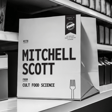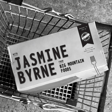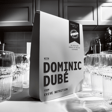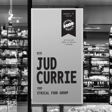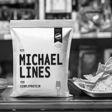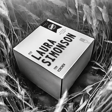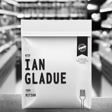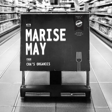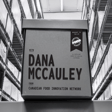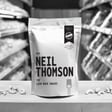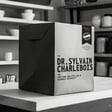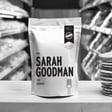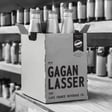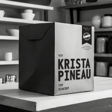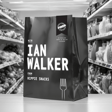
Julie Poitras-Saulnier | Loop Mission
We’re jumping back into the world of rescued produce because it’s just… so… cool.
On this episode of Aisle 42 we talk with Julie Poitras-Saulnier from Loop Mission about upcycling imperfect fruits and vegetables to make what you’d expect: cold pressed juices, smoothies, and wellness shots, BUT
She’s also got some wildcard mojo up her sleeve — like transforming discarded potato peels into gin, rescuing bread in order to brew beer, and molding wonky fruits and rejected sunflower oil into natural soap bars.
It’s a circular economy disco dance party!
Learn more about this amazing brand and creative line-up of upcycled products over at https://loopmission.com.
And to learn more about the team behind Aisle 42 visit https://www.ethicalfoodgroup.com/podcast.
Here's a summary of this interview:
Loop Mission Background: Julie has been involved in sustainability and was looking for a business model where increasing sales would equate to a positive impact on the world. After witnessing the extent of food waste firsthand, Julie and her partner David decided to start Loop Mission.
Vision for the Future Grocery Store: Julie imagines a grocery store with no open refrigeration (to save energy), automatic payment methods for a seamless shopping experience, and a selection of produce that varies based on availability to reduce waste.
Product Range and Innovation: Initially focused on cold-pressed juices made from discarded fruits and vegetables, Loop Mission has expanded its product range to include beer made from old bread, gin from discarded potatoes, and cookies that upcycle several types of ingredients. Julie highlights the company's commitment to their mission as the driver for their wide and innovative product range.
Challenges with Consistency and Operations: Julie discusses the operational challenges of working with inconsistent supplies of raw materials, which impacts product consistency. Educating consumers about the quality implications of these inconsistencies is a key part of their strategy.
Quality Control: The quality of incoming produce is rigorously evaluated by a large quality control team, despite the logistical challenges and the reality that products may vary due to the natural differences in raw ingredients.
Mission and Name Origin: The name "Loop Mission" reflects the company’s foundation in circular economy principles and their desire to inspire a business ecosystem where waste from one process becomes the input for another, mirroring natural ecosystems.
Certifications and Clean Label Effort: Loop Mission prioritizes transparency and quality over certifications, focusing on clean label products without unnecessary preservatives or artificial ingredients, despite the logistical challenges this approach may pose.
Availability: Loop Mission products are available across Canada in major grocery stores, independent health food stores, cafes, and bakeries, with an expanding presence in Ontario and BC. Consumers can also find products online.

